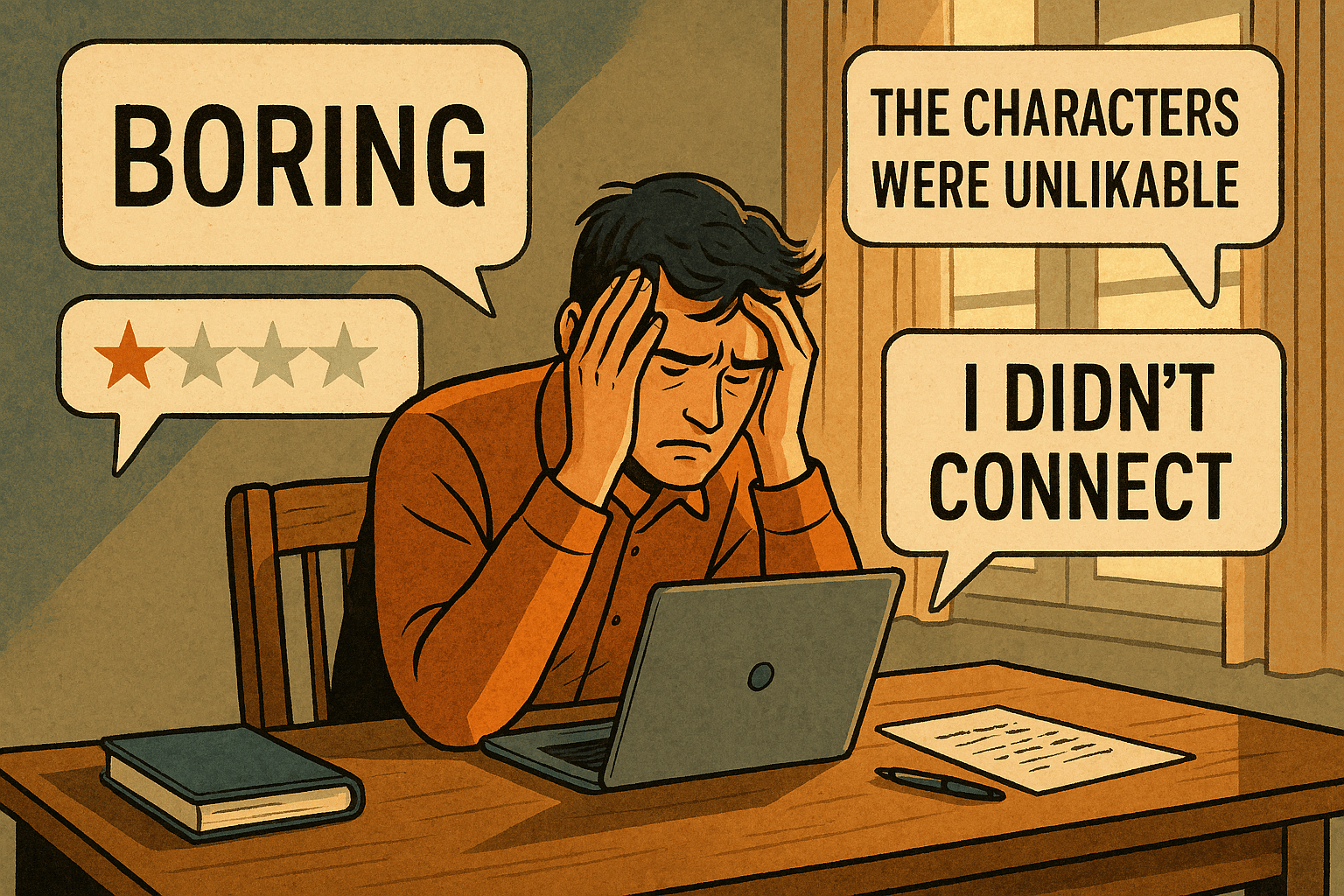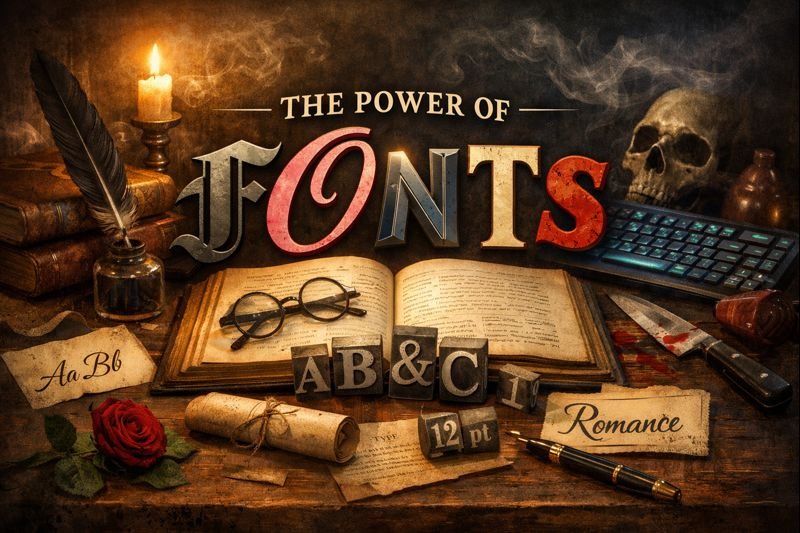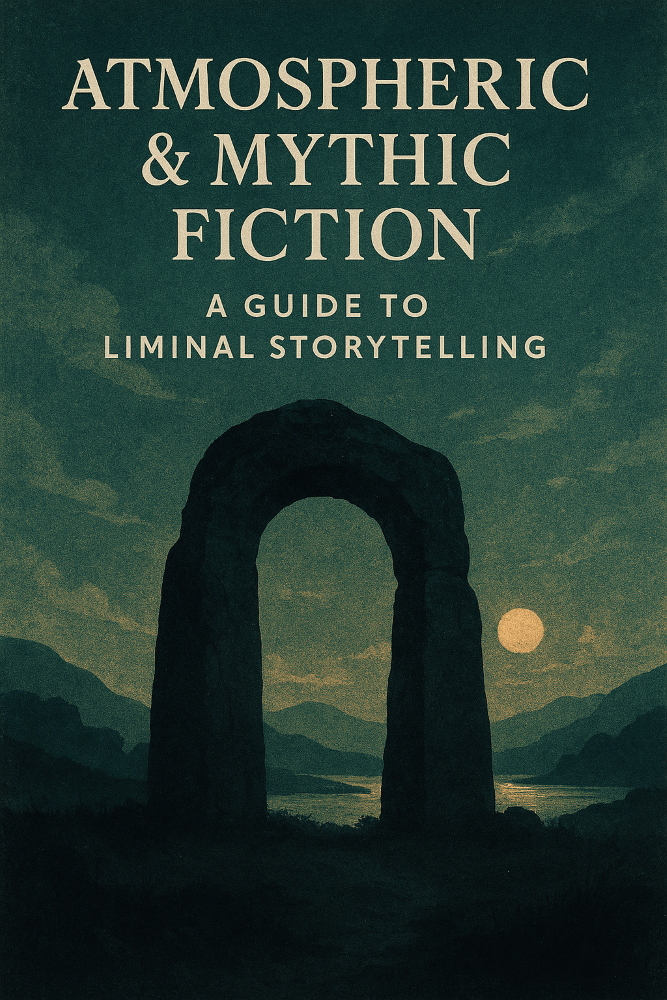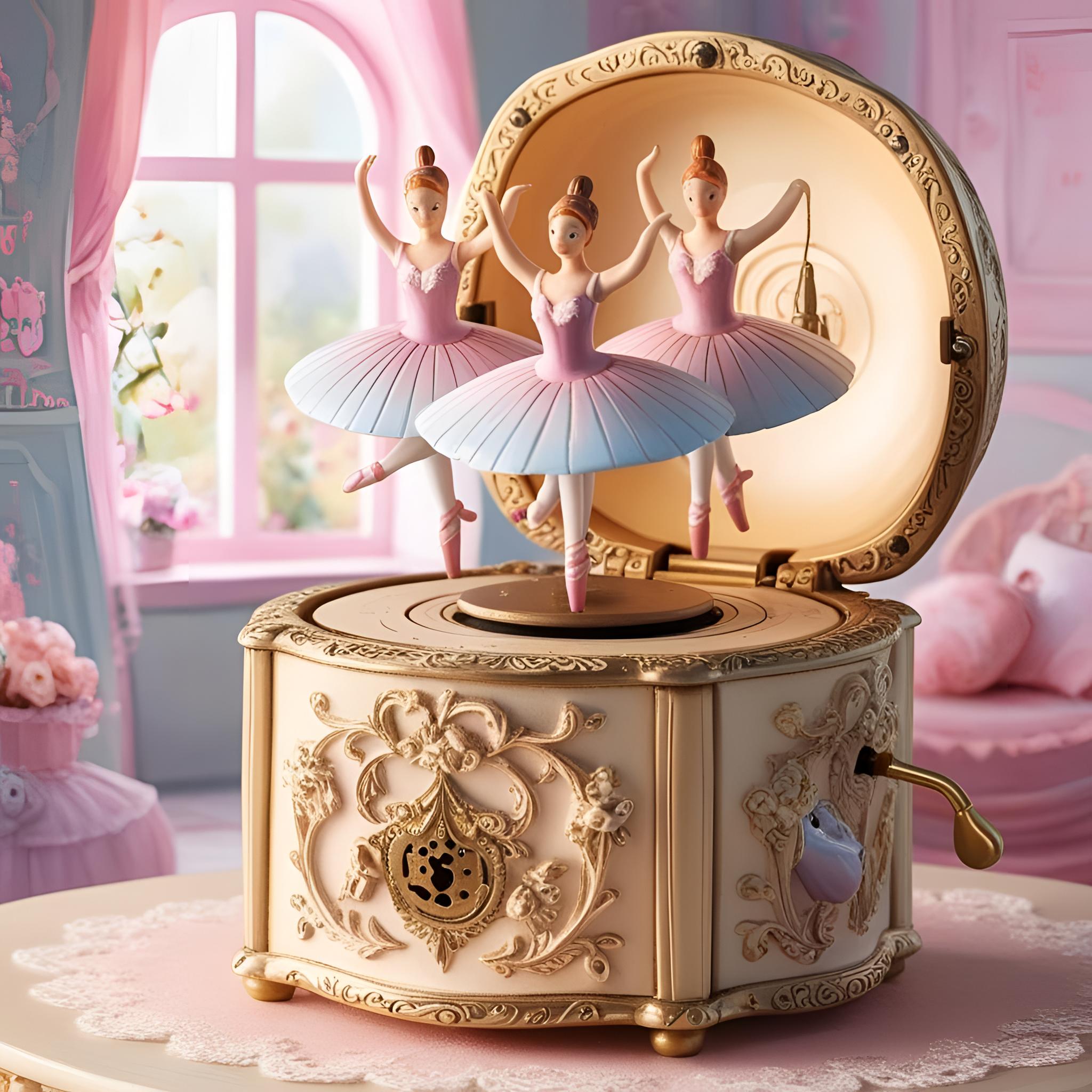Ask a Thousand Readers, Get a Thousand Ghosts
What, really, makes a book “good”?
That old chestnut gets roasted every time readers gather, critics frown behind their hornrims, and authors lie awake wondering if their story will live or vanish without applause.
Critics may have their polished criteria: structure, prose, themes, but the average reader? They dance to the beat of their own emotional drum.
So, let’s crack open the casket of popular opinion and peer inside. What do readers actually mean when they crown a book “good”? And why does one person’s page-turner become another’s paperweight?
The Seduction of Story and Plot
At the centre of it all is the Story.
A Story, with a capital S. Plot is the scaffolding at the centre of it all, sure, but story is the seduction. If the reader isn’t seduced, they’re out.
A good book doesn’t beg; it compels.
Readers want narrative momentum, the kind that yanks them into the current and won’t let go. A clear beginning, middle, and end is one thing. But a great book doesn’t just march, it moves, with rhythm and teeth.
Plot twists? Yes, please! But not the kind that shows up like a drunk uncle at a wedding. Surprise us, but don’t insult our intelligence. Readers are smart. They don’t mind being fooled, but they loathe being tricked.
Structure and Pacing: The Clockwork of Engagement
If the story is seduction, pacing is breath control. Rush it and we choke; drag it and we yawn.
There’s an alchemy in knowing when to linger and when to lunge.
Some readers like their fiction clean and linear. Others want something more kaleidoscopic, where time folds and bends like origami. Both can be brilliant, if the author knows what they’re doing.
Clunky pacing or jumbled structure? That’s a fast track to the “meh” shelf.
Characters: The Beating Heart
Characters aren’t just players on a stage; they’re the reason we show up at all and turn the pages.
A good character isn’t necessarily likeable, but they must be alive. Full-blooded, contradictory, and carved with care.
Readers crave transformation. They want to watch people change or at least try. We root for flaws, not perfection. The deeper the character arc, the tighter the emotional grip.
Even villains can be relatable if they’re written with soul. But give us cardboard cutouts or walking clichés, and we’ll forget them by lunch.
Language: The Brushstrokes of the Tale
Let’s not kid ourselves: style matters. Words are the medium. Some readers love lush, poetic language; others want clean, sharp prose that cuts like a scalpel.
The trick is to pick up your weapon and wield it well.
A confident voice can seduce us into strange lands and alien minds. But if the tone wobbles or the prose trips over itself, we’re yanked out of the dream.
Use metaphors wisely. One well-placed simile can light up a page. Five in a row feels like a fireworks show at a funeral. Know when to dazzle, and when to get out of your own way.
Emotional Resonance: The Afterglow
Readers may forget the plot. They may misremember the names. But they will never forget how a book made them feel.
A good book punches.
A great book leaves a bruise.
Whether it makes you laugh through your tears, sob into your sleeve, or stare blankly at the wall for ten stunned minutes, emotional impact lingers.
If a book stirs nothing: no ache, no jolt, no whisper of recognition; it’s likely to be tossed aside with a shrug.
Originality: The Dare to Be Different
We’ve all read the same story a hundred times, but the good ones make it feel new.
Readers hunger for originality. Maybe it’s a bizarre setting, a narrative experiment, a voice so distinct it could slice bread. Whatever it is, it jolts us awake. It makes us say, “I haven’t seen this before.”
Originality doesn’t have to be loud, but it must be true. And bold. Books that take risks: stylistic, thematic, or moral, may polarise readers, but they’re remembered.
Playing it safe? That’s how stories die quietly.
Expectations, Context, and the Invisible Luggage
A reader never walks into a book empty-handed.
Expectations matter. If you pick up a thriller and get a tepid romance, or expect literary depth and find shallow tropes, disillusionment sets in fast.
And then there’s context:
What’s going on in the reader’s life? What’s happening in the world? A book that falls flat today might have hit like lightning last year, or vice versa.
A novel’s reception is often less about the book itself and more about the invisible constellation of expectations, context, and emotional state hovering around the reader at the moment of contact.
So… What Makes a Book “Good”?
All of it. None of it. It depends.
Books are judged by how they enter the bloodstream. Some whisper. Some roar. Some slip past unnoticed, while others refuse to leave.
What one reader tosses aside, another might clutch to their chest like scripture.
That’s not confusion. That’s the point.
Literature, like love, is always personal.
So read widely, judge boldly, and if a book changes you, even just a little.
Then it was good.
For you.
And that’s enough.
Enjoyed this reflection?
Sign up for more Whispers or leave a comment below; I’d love to know what you think makes a book unforgettable.
Subscribe
The Inner Orbit
We value your trust!
Your address is safe in the vault.
We’ll only use it to send you letters worth opening; no spells, no spam, no secret salesmen.
























